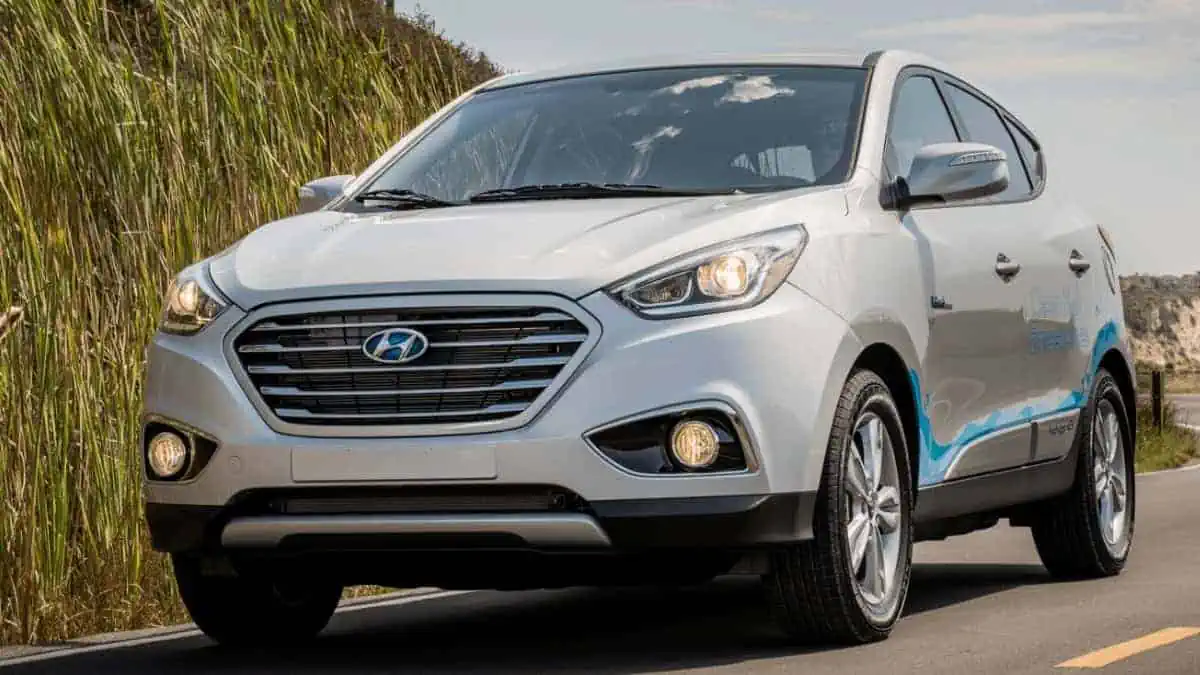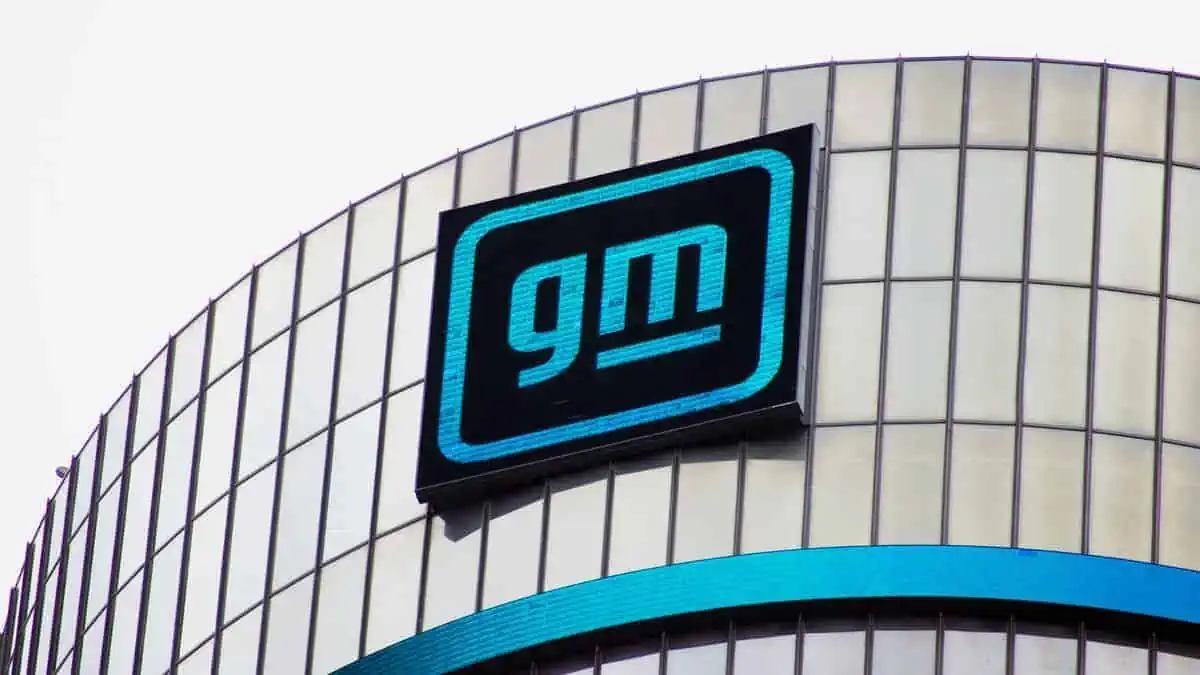In a recent article, we mentioned how the State of Georgia and Hyundai Motor Group reached an agreement on May 20 of this year. The company aims to construct its first dedicated full electric vehicle and battery manufacturing plants in the United States. According to Hyundai’s website, the formal signing ceremony occurred in Bryan County.
Electrek reported that the South Korean motor group is set to officially operate its electric vehicle manufacturing factory after months of negotiating with US officials regarding adjustments to the EV tax credit in the newly passed climate bill.
On October 25, Hyundai will finally begin construction on its enormous $5.5 billion electric vehicle facility in Bryan County, Georgia. According to Electrive.com, the US plant will have an annual capacity of 300,000 electric vehicles. Notably, it was initially scheduled to break ground in early 2023 and was expected to open in the first half of 2025.
“The future of transportation is in the Peach State as we announce the largest project in our state’s history – delivering high-quality jobs on the leading edge of mobility to hardworking Georgians,” said Governor Brian Kemp. “Not only are we thrilled to welcome Hyundai to Georgia’s coastal region, but it’s incredible that within a year of Georgia’s investment in the Bryan County Megasite, we are locating a world-class project here with a company with great Georgia history!”
“As one of the world’s most successful and advanced mobility leaders, we are incredibly proud to share our plan to open our first dedicated full EV and battery manufacturing facilities in the US,” said Hyundai Motor Group Executive Chair Euisun Chung. “The US has always held an important place in the Group’s global strategy, and we are excited to partner with the State of Georgia to achieve our shared goal of electrified mobility and sustainability in the US.”
The Atlanta Journal-Constitution also reported that Hyundai would meet with state and local officials to begin the 3,000-acre project. The project is regarded as the most important economic development initiative in Georgia’s history.
Notably, the climate bill was enacted to expand US manufacturing capacity, encourage the country’s adoption of electric vehicles, and stimulate the economy. In fact, since 2021, businesses have invested up to $85 billion in EVs and battery technology.
However, the implementation of the Inflation Reduction Act has brought concerns among Hyundai and South Korean Officials as it may have unfair effects on automakers. For instance, Hyundai cars like the Kia EV6 and Hyundai IONIQ 5 were eligible for tax credits. Unfortunately, these models would no longer qualify with the IRA’s new climate bill.
This month, Georgia Senator Reverend Warnock presented a bill that would grant automakers like Hyundai a grace period for producing EVs in the country. The Affordable Electric Vehicles for America Act would push back the implementation of the specific criteria until 2025.
Hyundai has already committed to making significant investments in EV production in the US. These projects are anticipated to generate 8,100 new jobs.
“We decided to build our first dedicated EV plant in the US because America embraces change and drives innovation,” said Jaehoon Chang, President, and CEO of Hyundai Motor. “This new EV plant is the future of our business, and It will help us meet the growing demands of our US customers who want leading edge design, safe, zero-emissions vehicles now and in the future.”
Additionally, the parts supplier for the Hyundai Group (Hyundai, Kia, Genesis) said that it would invest $1.3 to open an EV components factory.
President Biden reportedly “expressed willingness” to continue negotiations with leaders about foreign automakers becoming eligible for the US tax credit, according to news out of South Korea from earlier this month.
Nonetheless, the plant will primarily operate on renewable energy sources to power the facility as part of the Group’s commitment to sustainability. It will also use emission-reduction technologies to comply with RE100 standards.






